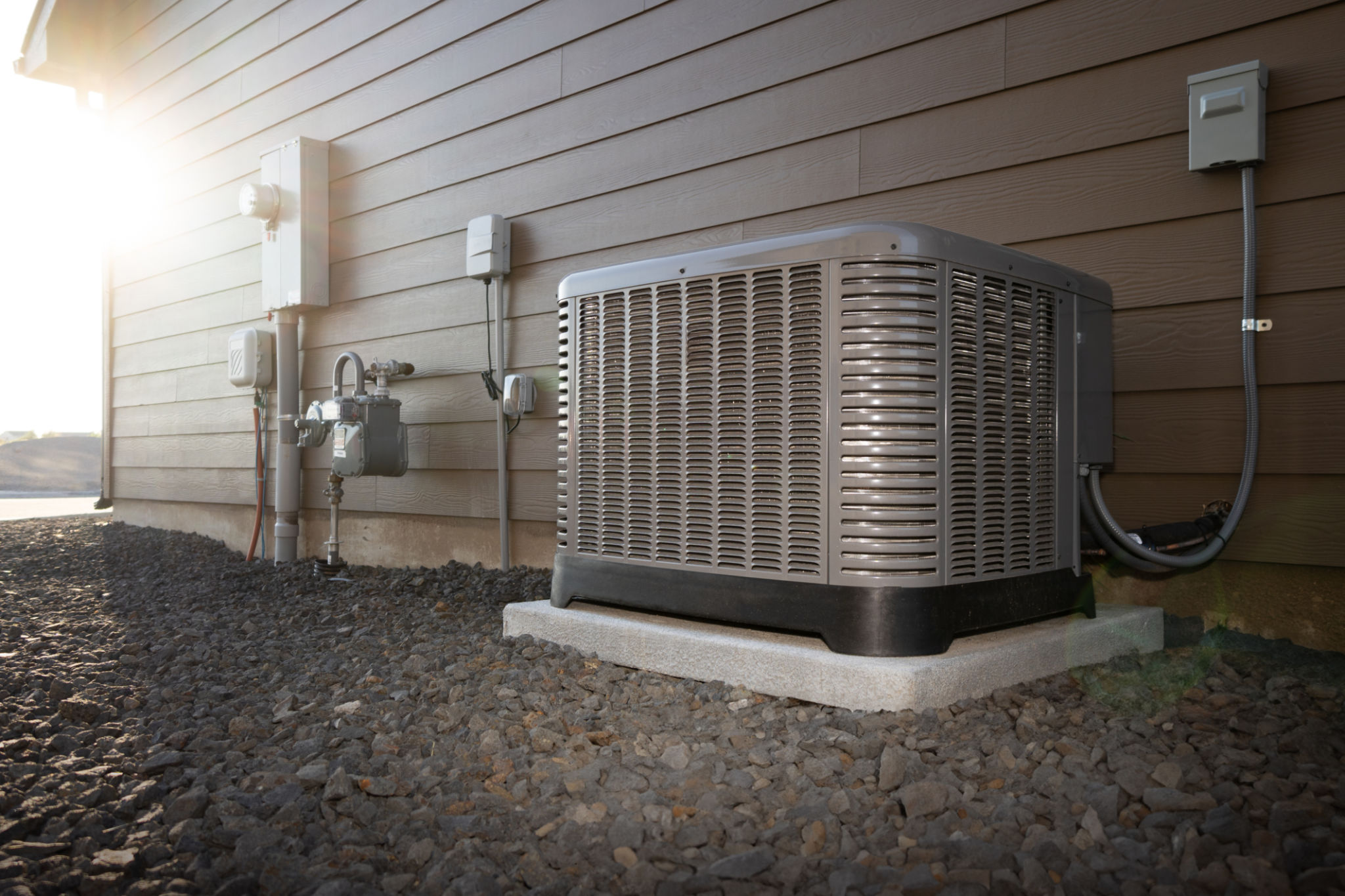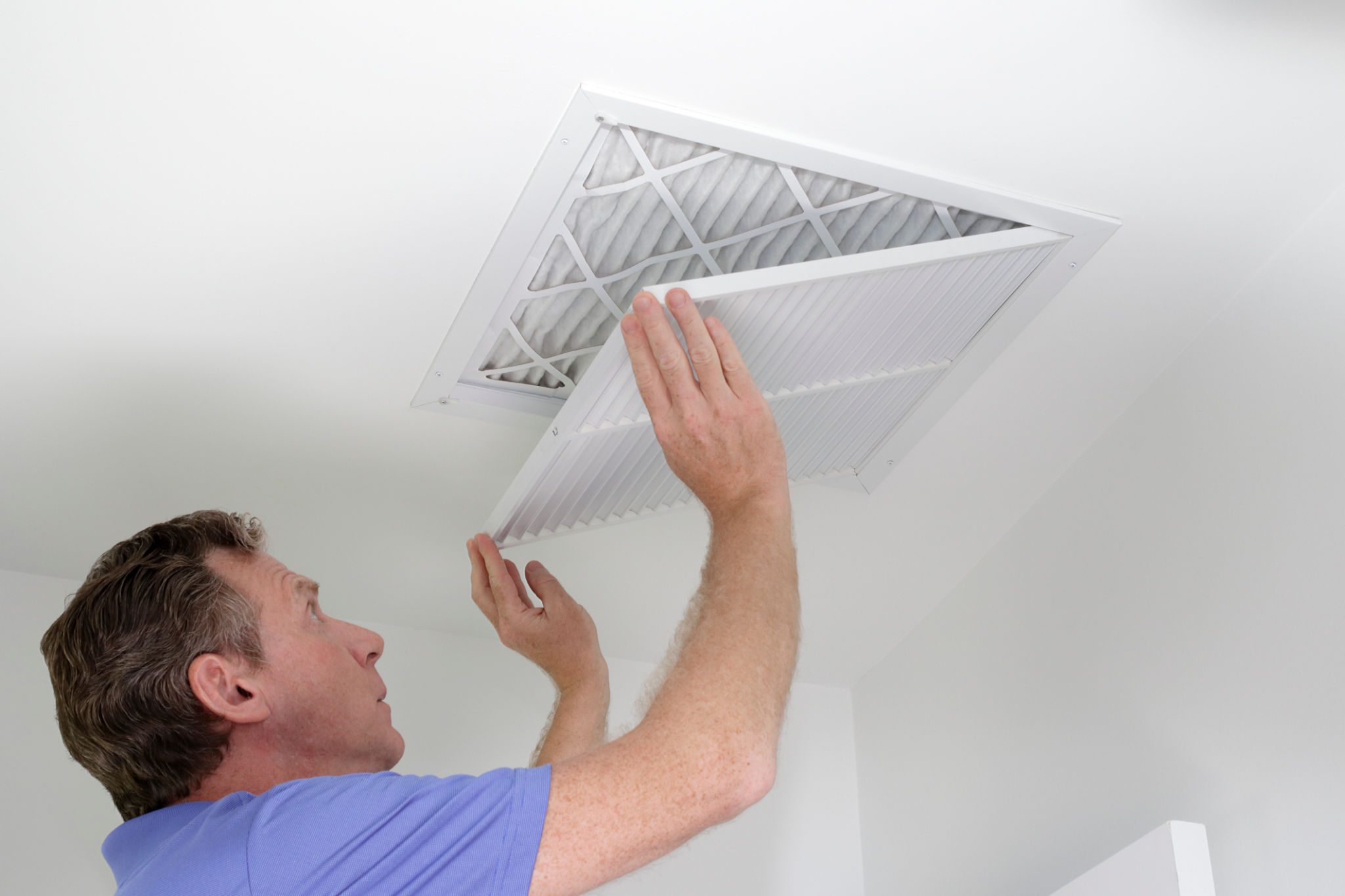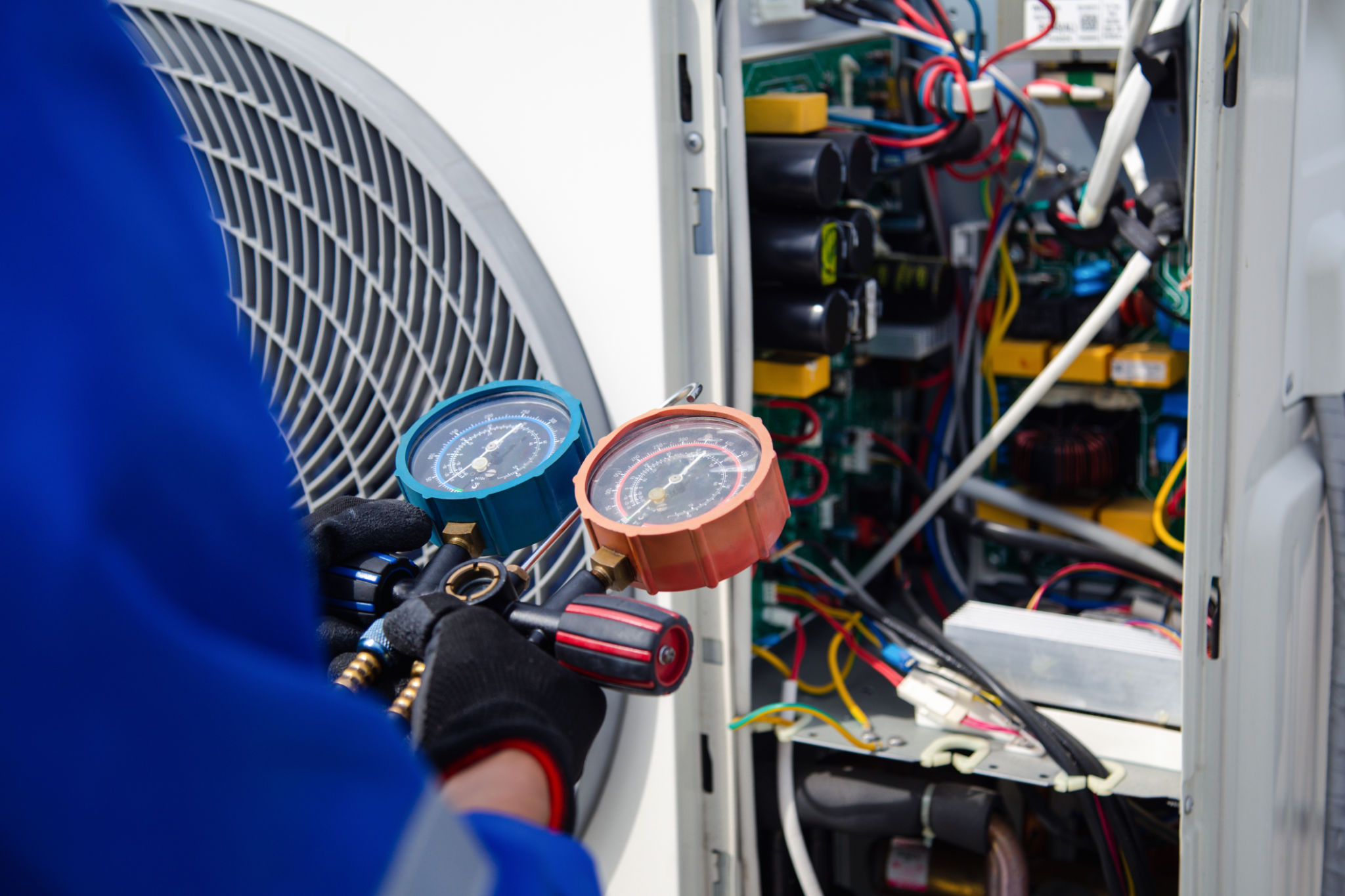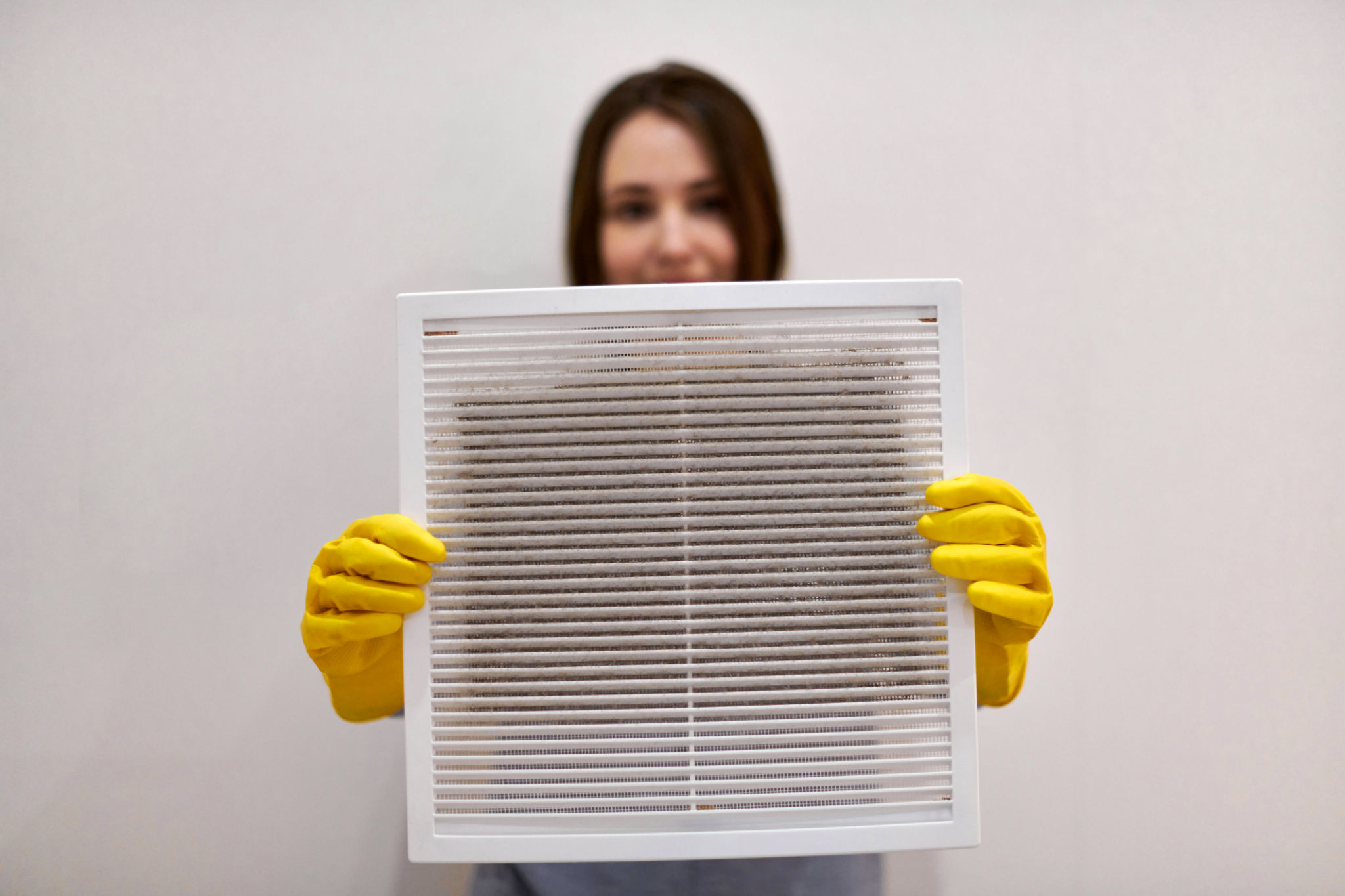Debunking Common HVAC Myths: What Passaic Residents Need to Know
Understanding the Importance of HVAC Systems
As a Passaic resident, ensuring your home remains comfortable throughout the year is likely a top priority. A critical component of maintaining that comfort is your HVAC system. However, numerous myths surrounding HVAC systems can lead to misunderstandings and potentially costly mistakes. In this blog post, we aim to debunk some of the most common HVAC myths to help you make informed decisions about your home's heating and cooling needs.

Myth 1: Bigger HVAC Systems Are Always Better
One prevalent myth is that a larger HVAC system will provide better heating and cooling. While it might seem logical that a bigger system would be more effective, this is not the case. An oversized system can lead to short cycling, where the unit frequently turns on and off. This not only causes wear and tear but also results in inefficient energy use, leading to higher utility bills.
Proper sizing of an HVAC system is crucial. A system that's too large or too small will not perform optimally. It's important to consult with a professional who can assess your home's specific needs and recommend the right size for your space.
Myth 2: Closing Vents in Unused Rooms Saves Energy
Closing vents in rooms you rarely use might seem like a smart way to save energy, but it can actually do more harm than good. Your HVAC system is designed to heat or cool a specific square footage, and closing vents disrupts this balance. This can lead to increased pressure in the ductwork, potentially causing leaks or damage.

Instead of closing vents, consider investing in a programmable thermostat. This allows you to set different temperatures for different times of the day, optimizing energy efficiency without compromising comfort.
Myth 3: HVAC Maintenance Is an Unnecessary Expense
Some homeowners view regular HVAC maintenance as an unnecessary expense. However, routine maintenance can extend the lifespan of your system and improve its efficiency. During a maintenance visit, technicians can identify potential issues before they become costly repairs or replacements.
Regular maintenance includes tasks such as changing filters, cleaning coils, and checking for leaks. These simple steps can enhance your system's performance and ensure it operates effectively throughout its lifespan.

Myth 4: Thermostat Placement Doesn’t Matter
The placement of your thermostat might not seem significant, but it plays a crucial role in your HVAC system’s efficiency. If placed in direct sunlight or near heat sources, it can provide inaccurate readings, causing your system to run unnecessarily.
To ensure accurate temperature readings, place your thermostat on an interior wall away from direct sunlight, drafts, or appliances that emit heat. This will help maintain a consistent and comfortable indoor climate.
Myth 5: Air Filters Only Need Replacing Once a Year
Another common misconception is that air filters only need to be replaced annually. In reality, it's advisable to change your air filters every one to three months, depending on usage and environmental factors. A dirty filter restricts airflow, making your system work harder and increasing energy consumption.

Regularly replacing air filters is one of the simplest ways to maintain your HVAC system's efficiency and improve indoor air quality. It's a small task that can make a significant difference in the performance of your heating and cooling system.
Conclusion: Making Informed Decisions About Your HVAC System
Understanding the truths behind these common HVAC myths can help Passaic residents make informed decisions about their heating and cooling systems. By debunking these misconceptions, homeowners can avoid unnecessary expenses and ensure their systems run efficiently and effectively year-round.
If you're unsure about any aspect of your HVAC system or need professional advice, don't hesitate to reach out to a trusted local expert. They can provide valuable insights tailored to your specific needs and help you maintain a comfortable home environment.